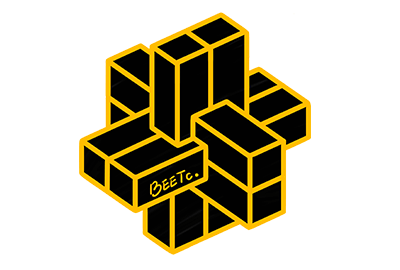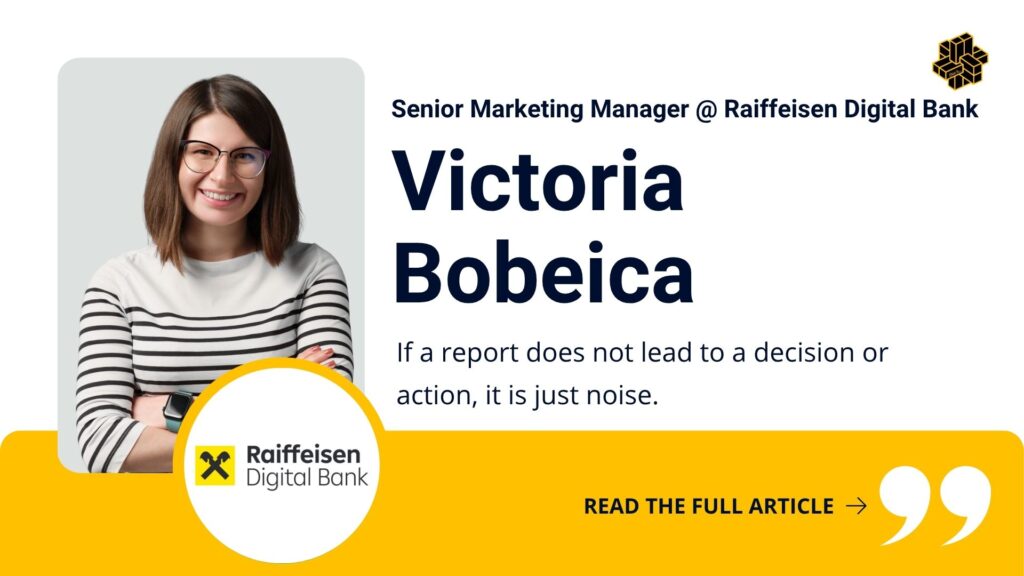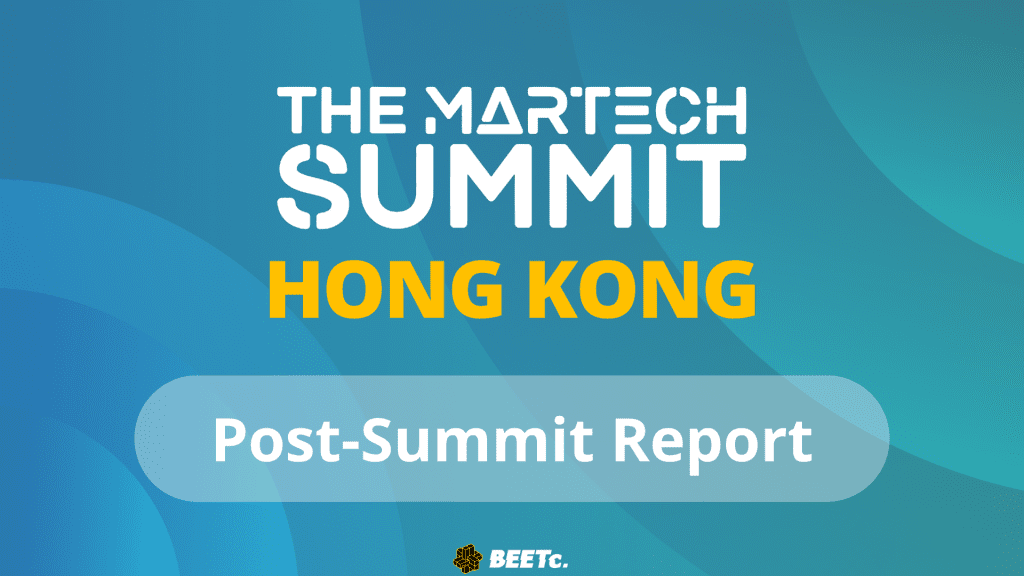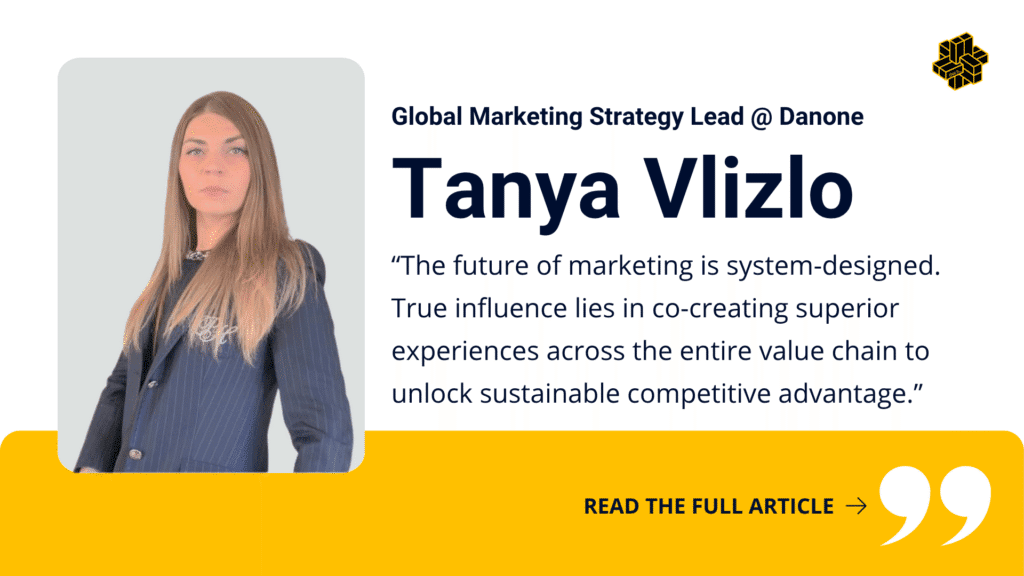What are the key priorities for a MarTech stack optimisation strategy to achieve?
– Improve marketing efficiency.
What would your company use AI the most for? – Create scaled hyper-personalised content.
What are the major roadblocks in trialling the new innovations in marketing technologies? – Integration.
How important is data in making marketing decisions and engaging customers? – Important – I rely on data 60-80% of the time.
What is the one marketing platform / app / solution you can’t live without? Why?
– There are many great platforms out there, some of which I use regularly such as Sprout Social and Sendinblue. But if I had to pick one, it would be Google Analytics (GA). It gives me a detailed insight into EM360’s website analytics, which allows me to assess the performance of my marketing campaigns and tailor them accordingly based on the data GA provides.
How do you see the skillsets needed for the marketing profession changing? – With new technologies and platforms emerging so frequently, I think that now, and beyond, marketers need to be able to quickly learn and adapt. Those days are long gone where you only followed your 4 marketing P’s religiously and that was it. Today, marketing is evolving at a rapid pace and the rules are being rewritten frequently.
Not too long ago, Facebook was, and still is in many respects, the biggest social media platform on the market. However, platforms like Linkedin, Tiktok, and now even Clubhouse, are proving popular, thus, giving a good example of how a marketer needs to be hypervigilant and willing to be flexible enough to try new strategies and test the waters with these new platforms. Every platform has its own unique algorithm and audiences behave differently on each platform.
All in all, knowing what works on each platform for your brand is key, which brings me back to my first point of being able to adapt.
With the recent developments and incorporation of technology, should we still perceive marketing as a social science? – That’s an interesting question. Marketing over the past two decades has changed so dramatically – i.e. it is now more data-driven than ever, so a lot of the profession today has to do with analysing the data and creating your marketing strategies based on it.
However, understanding consumer behaviour and societal norms/trends are still key in order to stay relevant and connect with your customers. This is especially true when an MNC plans to operate in a foreign country. This presents a unique challenge of understanding the local culture, which can’t be measured or understood through data alone.
Currently, what are you primarily looking for in your digital marketing efforts? Awareness or engagement? Why?
– Both are important and serve a different purpose. No matter how big your brand is, increasing brand awareness will always be important in order to reach new audiences and give your company the necessary exposure to your potential future customers. On the other hand, engagement is arguably the most important metric when assessing the success of your marketing campaign. At the end of the day, it all comes down to how many people have engaged with your product/service and how many can be potentially converted and turned into customers.
With the exponential rise of technology, is there still room for offline marketing?
– As a Digital Marketing Manager, I should probably say no, but the reality is, if we look at the global market, not everyone is on social media or has access to the internet. I still think offline marketing plays a big role. Just look at Amazon: they’ve just opened up their first grocery store in the UK and are planning to open other physical stores across the US in the next few years. If the world’s biggest online retailer is planning to open physical stores, then you best believe that there is plenty of room for offline marketing.













